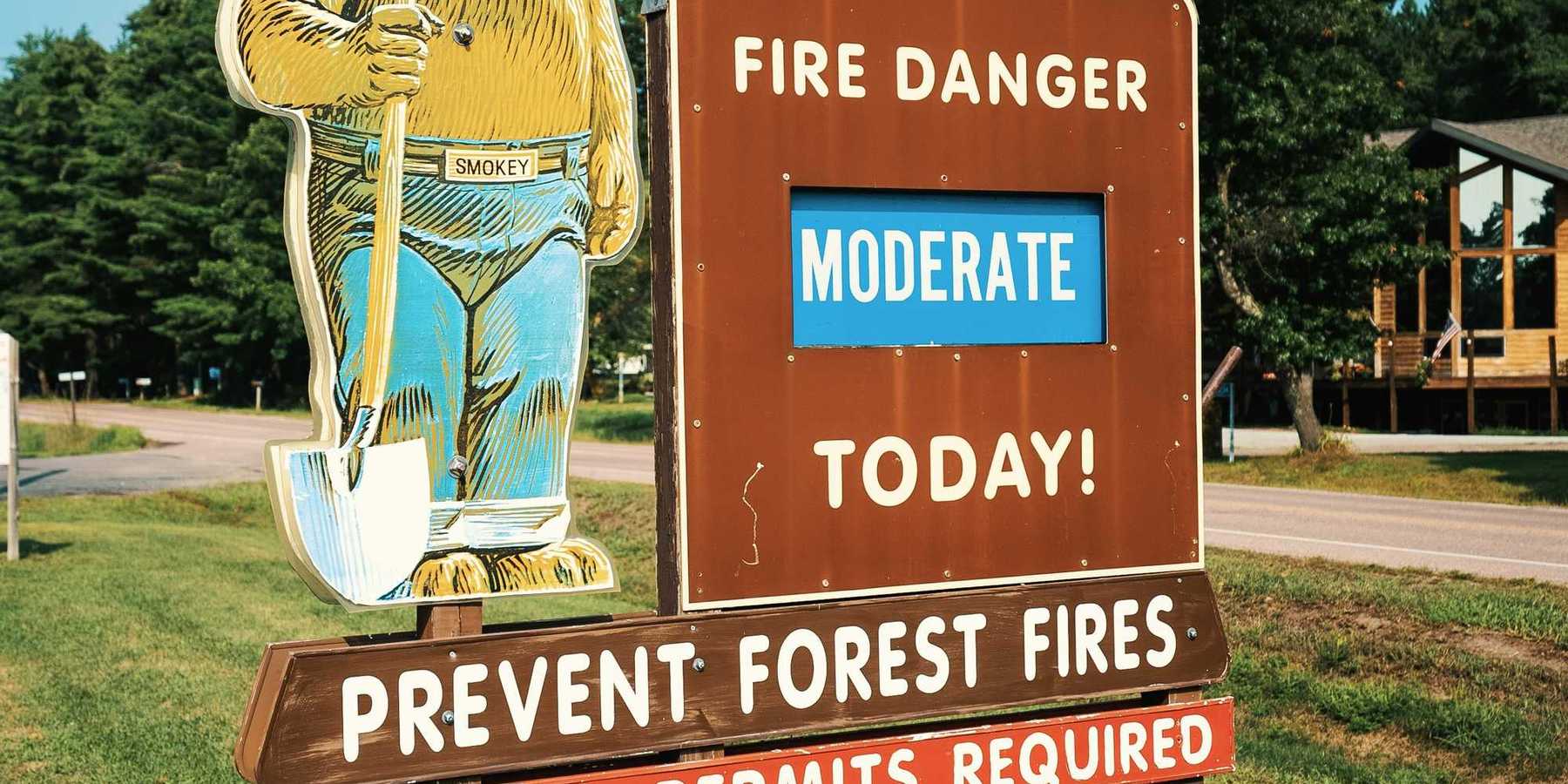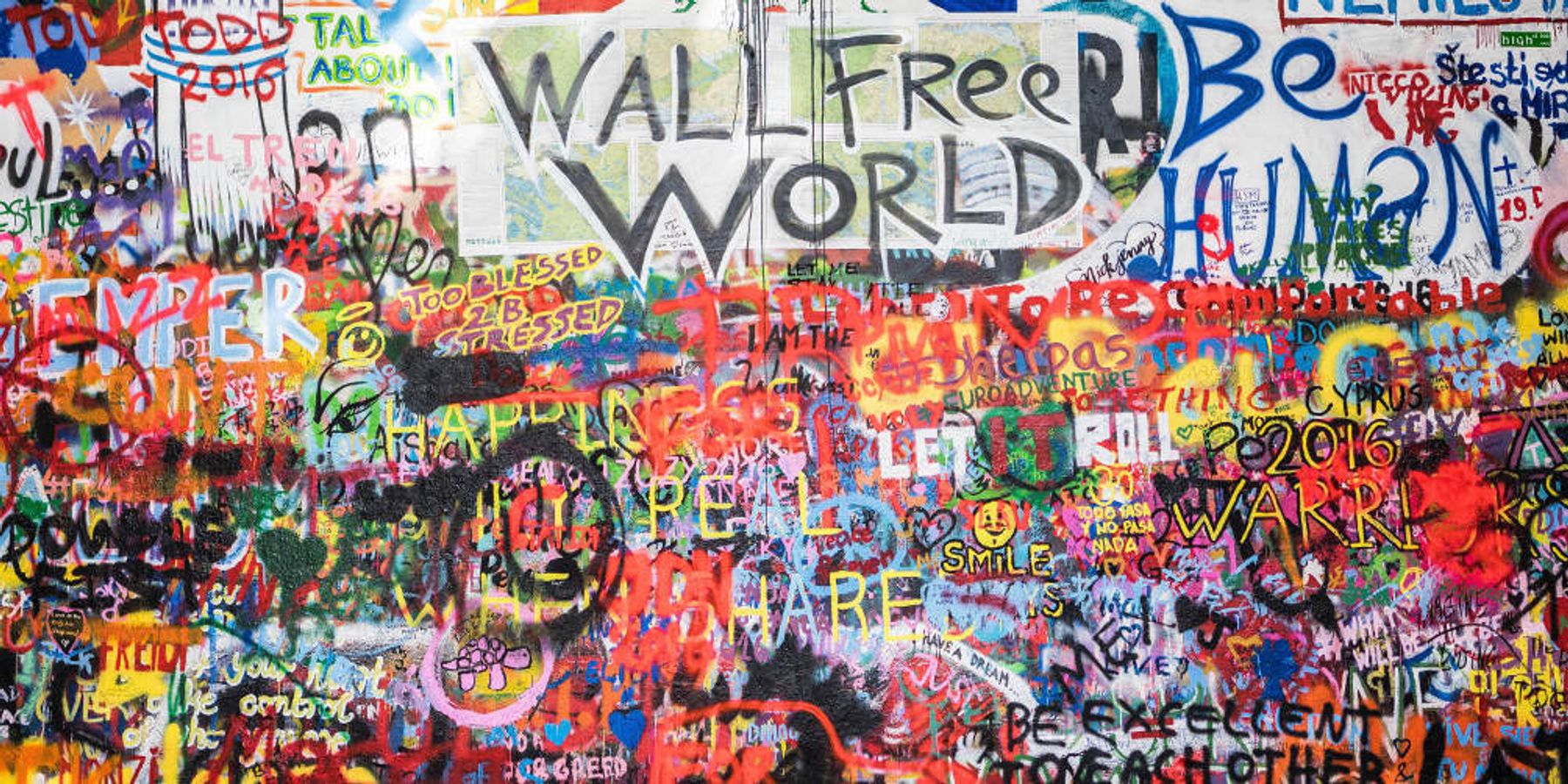
Environmental justice: What we’re watching as the year ends
Senior editor Brian Bienkowski on the state of environmental justice as we head into 2018
Editor's note: What did we miss here? We want to hear from you! Send us your thoughts on the most important stories from 2017 and what we need to watch for in 2018. Send your comments to our senior editor, Brian Bienkowski, at bbienkowski@ehn.org.
Last year ended with momentum.
Flint—though still dealing with dirty water— had put environmental justice back on the map. It was no longer a topic tucked into academic papers and progressive media. National broadcasters and newspapers descended on mid-Michigan.
Then the standoff at Standing Rock. Tribes rallied. Then came activists. A large swath of society was simply done being told that dirty energy was the future.
Another interesting thing happened: The disparate justice movements—social, economic, criminal, environmental— started working together.
Then President Trump took office. Led by EPA Administrator Scott Pruitt, the administration has systematically undone environmental protections—and, in doing so, has rolled back progress on stopping environmental injustices.
In a hard hitting op-ed this month, founding member of the EPA's Office of Environmental Justice, Mustafa Santiago Ali wrote: "At a campaign stop in 2016, candidate Donald Trump asked African Americans, "What do you have to lose?"
"After almost a year with him in office, the answer is clear for people of color; we have everything to lose," wrote Ali, now the senior vice president of Climate, Environmental Justice, & Community Revitalization at Hip Hop Caucus.
Among the dozens of scrapped regulations, Trump has overturned rules on harmful pesticides, methane reporting, a freeze on coal leases and the calculation for the social cost of carbon.
More rollbacks are in progress, including: scrapping the Clean Power Plan, water protections, coal ash discharge regulations and various vehicle emissions standards.
Though not yet rolled back—the administration has signaled it will set its sights on mercury emission limits at power plants, regulations at hazardous chemical facilities, and limits on landfill emissions. The administration has also taken far fewer actions—civil penalties and forced retrofitting to cut pollution—against polluters than previous administrations.
But, believe it or not, there's a whole world out there beyond DC. Here are environmental justice issues at home and abroad that we're tracking.
A brutal civil war in Yemen
The war has caused a massive spike in cholera and poverty. In addition millions remain without clean water. The war itself is killing tens of thousands, but the widespread famine and illness is a true humanitarian crisis.
The ongoing hell in Venezuela

The country though rich in oil has suffered a massive economic collapse spurring widespread poverty. Doctors in the country report record numbers of children with severe malnutrition and say hundreds are dying. The government refuses to accept aid and continues to downplay the devastation.
Justice for Grassy Narrows First Nation
Ontario's Grassy Narrows First Nation, along with nearby Wabaseemoong First Nation, has been calling on the government to help with widespread mercury poisoning in the communities from a former paper mill. The pollution and injustice has been going on for more than 40 years.
A study estimated 90 percent of the population for the two communities shows signs of poisoning and late this year the federal government committed to a specialized treatment center.Canadian mining malpractice.
The allegations are brutal — three separate civil cases say Canadian-based mining companies committed nasty human rights abuses at mines in Africa and Guatemala.
This is old news to many in Latin America—a 2016 study tied 28 Canada mining companies working in Latin America between 2000 and 2015 to:
- About 44 deaths
- 403 injuries
- 709 cases of "criminalization"
"The world is taking notice of Canadian companies – for the wrong reasons," according to the report.
Monumental fights
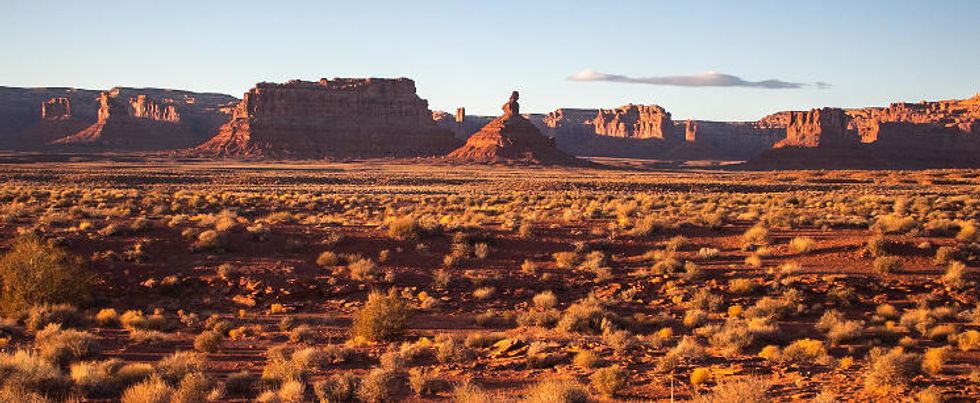
In signing orders to shrink Bears Ears and Grand Staircase-Escalanate national monuments, President Trump pretty much guaranteed a legal fight.
Already Earthjustice (representing eight environmental organizations) and five tribes—the Bears Ears Coalition—have filed suits.
Environmental activists are dying in record numbers around the world.
About 185 environmental defenders have been killed in 2017 protecting natural resources, according to a joint project between the Guardian and Global Witness. In 2016 there were 200 such killings.
It's never been more deadly in places like the Phillipines, South America, Central American and India to be speaking up for the Earth.
Pro-coal, but what about miners?
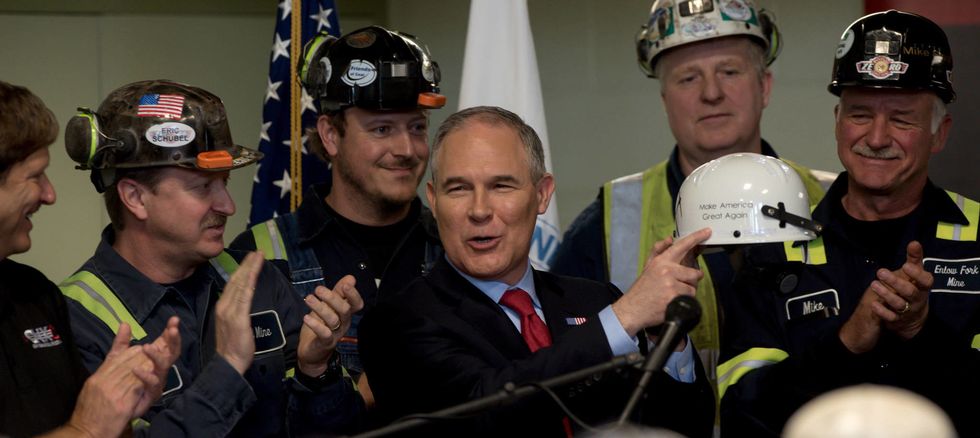
The Trump Administration has pledged allegiance time and time again to bringing back coal and coal mining jobs, but has said and done little to extend help to the miners who need health care after a life in the mines. More than 40,000 retired miners in Coal Country—Kentucky, Ohio, and West Virginia—rely on a pension plan (United Health Workers of America Health and Retirement Fund) that could be at risk if Congress doesn't take action.
The pensions are in peril because coal companies have been going under. Some Democrats want to build protections into an upcoming spending bill to protect the miner's pensions.
Puerto Rican Re-build.
The island is still mostly without power months after Hurricane Maria rolled through.
Much has been made about putting resilience at the forefront of the electric grid rebuild. It's a rare chance to start over—and multiple proposals have been put forward to completely overhaul the grid with renewables and cutting out dirty fossil fuels. Could a devastating storm unlock energy and economic justice on the island?
Expert weigh-in
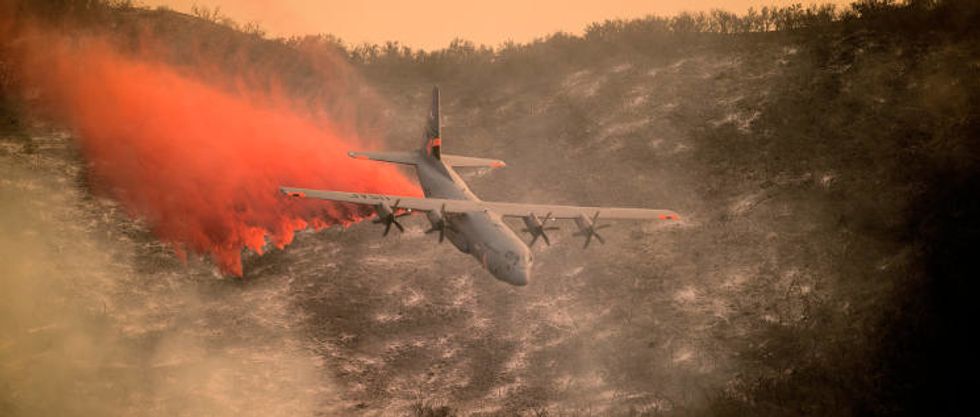
David Pellow, Director of the Global Environmental Justice Project at the University of California, Santa Barbara, was kind enough to share some of his highlights from 2017, and what he's tracking in 2018.
Here are his thoughts on big 2017 developments:
- The successful mobilization against the Puente Power Plant in Oxnard, California, by grassroots groups like CAUSE. "This would have been the fourth power plant in this majority working class and immigrant and people of color town, and people fought back and prevented more greenhouse gases and noxious particulate matter from being spewed into the air and their lungs."
- The wildfires of Southern California in fall of 2017. "Like most 'natural disasters,' this one hit the poor and immigrants and people of color heaviest, but what we saw here is the fires threatening wealthier communities like Bel Air, Montecito, and Santa Barbara--evidence that when we don't pay close attention to the most marginalized communities through strong environmental justice and climate justice policy making, eventually everyone is placed at risk and in harm's way."
- Trump pulling out of the Paris Agreement. "This is the best thing that could have happened to this agreement. Can you imagine the leaders of the world's nations having to bend over backward to accommodate a climate change denier's demands in shaping this agreement? That would be ridiculous and a hellish scenario, so I thank Trump for pulling out and I thank the leaders of the "We're Still In!" group and the Under 2 MOU leaders who are committed to reducing greenhouse gases and limiting global temperature increases to <2 degrees celsius regardless of what Trump or the UN does."
- The US EPA quietly including prisons on its screening tool so that we now can place carceral facilities on EJ maps, "which is important because prisons and prisoners are often in harm's way with respect to water contamination, hazardous waste production and mismanagement, sewage spills, air pollution, Superfund site proximity, and a range of other environmental and environmental justice challenges."
What's on Pellow's radar for 2018:
- The Campaign to Fight Toxic Prisons and their effort to map EJ concerns with prisons around the U.S. and to prevent the construction of prisons that threaten human health and ecosystems.
What did we miss?
I know we're missing something here ... help us out! What are the environmental justice issues you're tracking as we head into 2018? Send your thoughts to me at bbienkowski@ehn.org.
And stay on top of all the top news at our Justice page.




